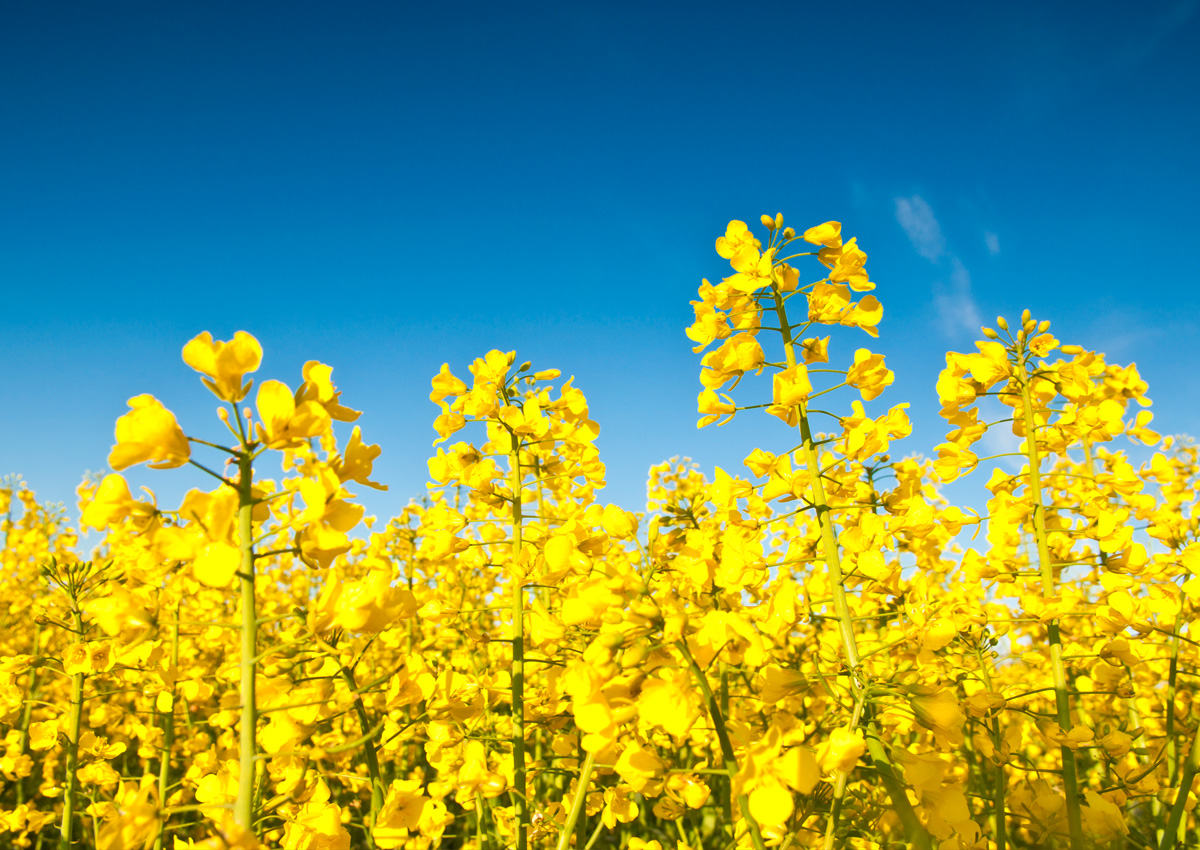
Genomes of 418 Canola Varieties Identify Genes for Yield Improvement
June 1, 2022| |
An international research team has successfully unraveled the genomes of 418 unique samples of rapeseed from different geographical locations across the globe to identify traits for improved crop yield. The research is a four-year collaboration among scientists from Australia, China, and the United States.
The researchers were able to identify the genes behind 56 traits that were modified during rapeseed improvement. Professor Jacqueline Batley, from the University of Western Australia's (UWA) School of Biological Sciences and The UWA Institute of Agriculture, said rapeseed, also known as canola, is the second most important oil-producing crop worldwide, so breeders are looking for ways to generate plants with desired traits that will allow minimum crop losses and increase crop yields.
For more details, read the news article on the UWA website.
| |
You might also like:
- UCalgary Produces High-Yielding Gene Edited Canola
- Omega-3 Canola Oil Bound for Market by Second Quarter of 2020
- Precision Gene Editing Used to Increase Canola Yield
Biotech Updates is a weekly newsletter of ISAAA, a not-for-profit organization. It is distributed for free to over 22,000 subscribers worldwide to inform them about the key developments in biosciences, especially in biotechnology. Your support will help us in our mission to feed the world with knowledge. You can help by donating as little as $10.
-
See more articles:
-
News from Around the World
- FSANZ Calls for Comments on Food Derived from GM Canola
- Genomes of 418 Canola Varieties Identify Genes for Yield Improvement
- Nina Gloriani, One of Asian Scientist 100
- New Zealand’s Food Market to Remain Steady Upon Entry of GM Crops and Foods -Study
- DA-PhilRice Names First 7 Provinces to Sow Golden Rice Seeds
- First Sowing of Genetically Edited Camelina at Rothamsted Research under New UK Regulations
- UK Government Sends Precision Breeding Bill to Parliament; JIC Welcomes Move
-
Research Highlights
- HT Cotton Not Harmful to Arthropod Insects According to Chinese Study
-
Plant
- Texas A&M AgriLife Researchers Use CRISPR Technology to Modify Potato Starch
- Controllable Auto-Excision Now Possible with CRISPR-Cas9
- Edited Tomatoes Produce More Sunshine Vitamins
- CRISPR-Combo Edits and Regulates Genes at the Same Time
-
Read the latest: - Biotech Updates (January 28, 2026)
- Gene Editing Supplement (January 28, 2026)
- Gene Drive Supplement (February 22, 2023)
-
Subscribe to BU: - Share
- Tweet

